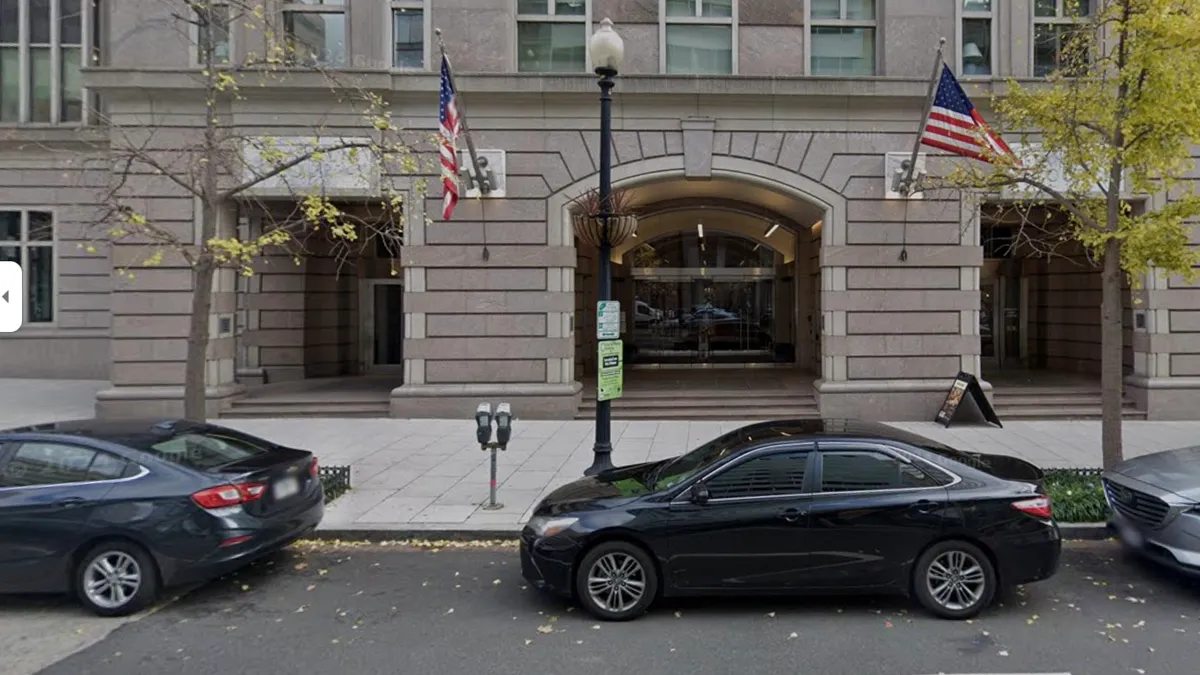Dive Brief:
- On Friday, the National Labor Relations Board voluntarily dismissed its appeal of a Fifth Circuit judge’s decision enjoining its joint-employer final rule.
- The board said it would like to “further consider the issues identified in the district court’s opinion” in a July 19 filing for the case.
- Hospitality industry organizations including the American Hotel & Lodging Association have railed against the NLRB’s final joint-employer rule. In a statement Friday, AHLA Interim President and CEO Kevin Carey said the NLRB’s appeal withdrawal “marks a huge victory in our fight to preserve the franchise business model for hoteliers across the country.”
Dive Insight:
The joint-employer rule in question clarified that an entity would be considered a “joint employer” of another entity’s employees if the two shared or codetermined essential terms and conditions of employment.
The Asian American Hotel Owners Association also praised the NLRB’s withdrawal.
"This decision is a tremendous win for our industry, ensuring hotel owners and franchisees are not held accountable for employment practices beyond their control," said AAHOA Chairman Miraj Patel in a statement Monday.
AHLA was one of several business groups — including the U.S. Chamber of Commerce, International Franchise Association, National Association of Convenience Stores and National Retail Association — to sue the Biden administration over the rule’s legality in November.
Then-AHLA President and CEO Chip Rogers called it “a partisan gambit to force unions on hotel franchisees and their employees as well as countless other small businesses.”
Scott Greenberg, author of “Stop the Shift Show: Turn Your Struggling Hourly Workers Into a Top-Performing Team,” told Hotel Dive in January that the rule would mean “larger hotel chains will have to get more involved at the property level on all things concerning employees.”
That would mean national chains would be more involved in negotiations with workers’ unions. AFL-CIO, the nation's largest confederation of unions including hospitality guild Unite Here, has supported the NLRB’s rule.
“The point of the rule is simple — when workers negotiate for fair wages and working conditions, companies shouldn’t be able to hide behind a subcontractor or staffing agency to deny us what we’ve rightfully earned,” AFL-CIO President Liz Shuler said in an October statement. “This rule ensures that union members can bargain with each company that has the power to make changes in the workplace.”
NLRB appealed the Fifth Circuit Court’s injunction of its joint-employer rule in May.
The joint-employer rule is one of several pieces of federal guidance affected by the Supreme Court’s reversal of the Chevron doctrine on June 28, experts have told Hotel Dive. By overturning a 1984 decision, the court ruled that other courts nationwide do not need to give deference to federal agencies’ interpretations of statutes.
This could result in “a patchwork of situations where particular issues are enjoined in one state, or in a couple of circuits, and then courts in other circuits will say, ‘No, no, we think that that’s a reasonable interpretation and that is enforceable,’” Nancy Barnes, who leads the labor and employment practice at law firm Thompson Hine, told Hotel Dive earlier this month.










